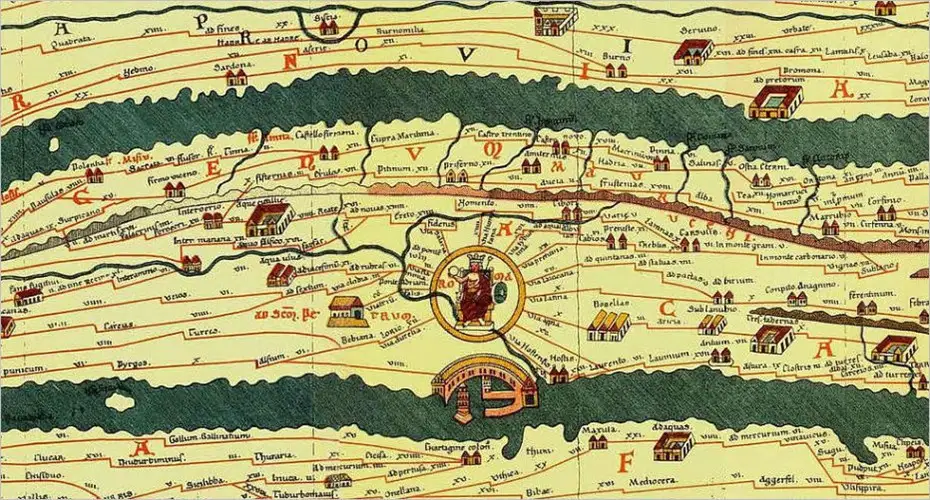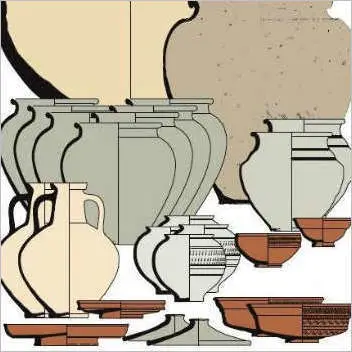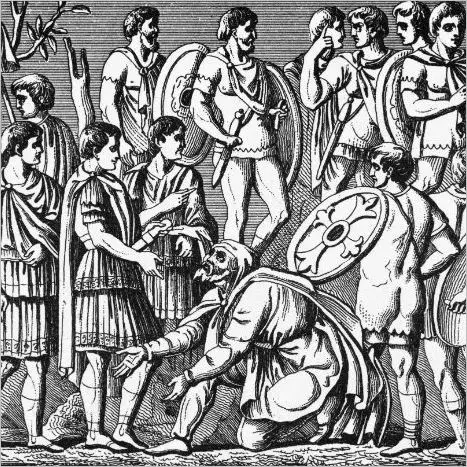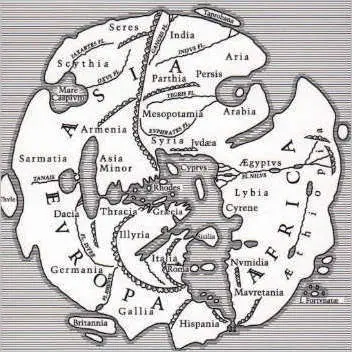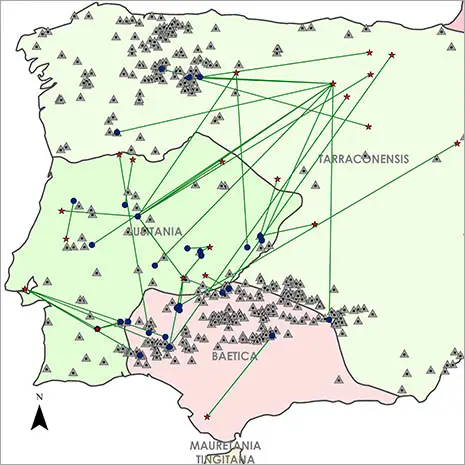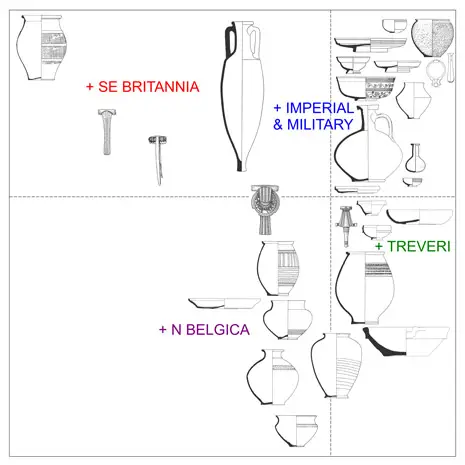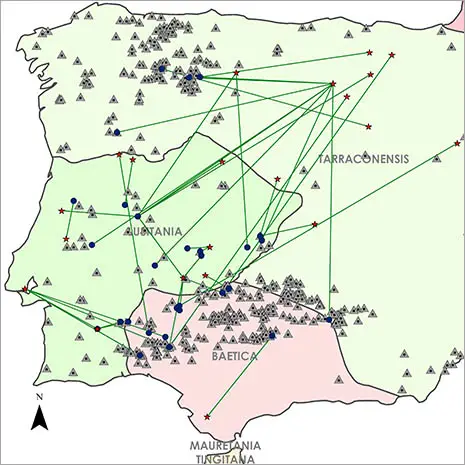Centre for Motion and Connectivity in the Ancient World
About the centre
This Centre examines the ways in which connectivity contributed to the shaping of distinctive cultures, economies and societies across the breadth of ancient Afro-Eurasia. Through the long-lens of deep history, the ancient world often experienced sharp surges in global connectivity, in terms of human mobility, the movement of objects, and the existence of cultural sharing and global consciousness - the extent of which was often not surpassed until the modern era. The Centre aims to explore the implications for living in what was a truly globalised and interconnected ancient world, as well as determining underlying agency behind such processes. The Centre’s research focuses upon tracing pathways of motion – of people, objects, languages and ideas, from a variety of perspectives. In doing so, we aim to forge a radical departure from the methodological nationalism that has dominated research frameworks for the last century. In the place of these perspectives a new kind of history is proposed that takes mobility rather than states as its main point of departure. The Centre was created in 2015, and is directed by Claire Holleran, and co-directed by Martin Pitts and Elena Isayev.
Image: Tabula Peutingeriana - By Conradi Millieri (Ulrich Harsch Bibliotheca Augustana) [Public domain], via Wikimedia Commons
Research projects
Centre members
Dr Charlotte Tupman
Senior Lecturer in Classics and Digital Humanities
C.Tupman2@exeter.ac.uk Exeter

